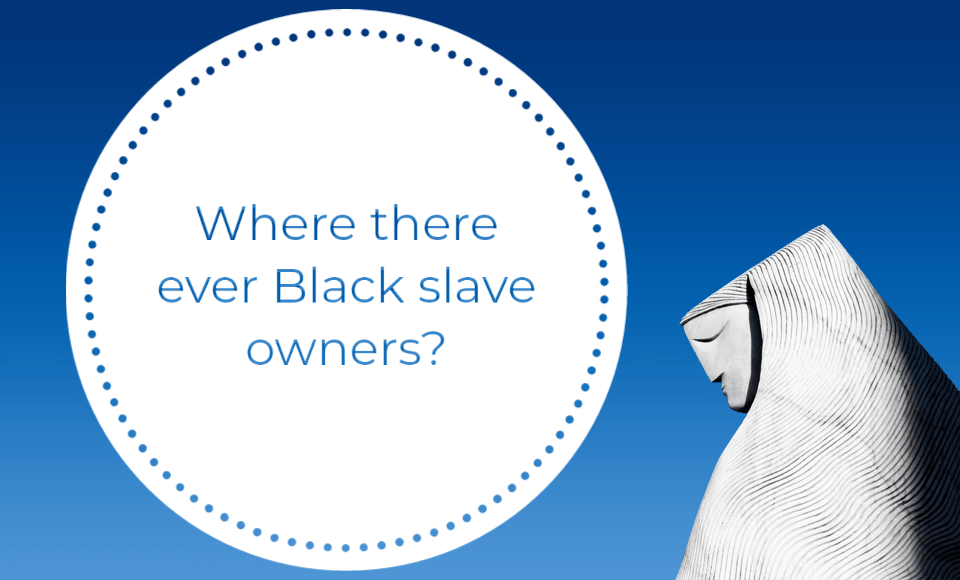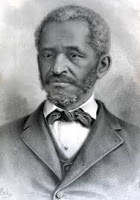The pieces of evidence suggest that blacks, or African-Americans as they are called now, were involved in the slave trade, not just as victims but also as perpetrators, from at least 17th century. Throughout the American Civil War, some myriad black masters owned slaves.
Historians have been in unceasing arguments over the motivations of these masters to trade their people. Some claim that the free blacks bought slaves to protect them from the atrocities they would otherwise suffer under their white masters. The opposing argument is that they were motivated by the same things as whites: exploitation.
Interestingly, there is an element of truth in both arguments. Some black masters bought slaves with philanthropic intentions while there were others whose intentions were exactly the same as their white counterparts. All of the 13 American states had free blacks who owned slaves, though very few official records exist about them. One of the earliest records is about the couple Anthony Johnson and Mary Johnson of Virginia, who approached the court in 1654 to obtain the service of their indentured black servant John Castor.
One particular name that was notorious among the slave owners is of Nat Butler, a farmer from Maryland who made slave trade a regular affair. The slave ownership reached its peak among the blacks around the 1830s. Most of them owned one or two slaves, most likely a family member to protect them from outside humiliation. There were several people who owned many slaves, like Antoine Dubuclet, William Ellison, John Carruthers Stanly, Justus Angel, and Andrew Durnford. They all had more than 50 slaves.
The story of William Ellison narrates how varying the motivations for buying slaves were back at that time. Historians stress that most of the accounts of Black slave owners depict the need for holding on to the family ties. For instance, if a black father gets free from slavery, he would then pursue working or saving money to buy his wife or children to preserve his family.
William Ellison was born into slavery to a white slave owner, father. As soon as he was capable of freeing himself, he reached out to free his family from slavery. He further went on buying more black slaves to work for him in his cotton gin, but the motivation appeared to be benevolence.
On the other hand, the deplorable state in which free black Americans were living in was also one of the causes of black people giving in to being slaves. It was considered one of the easiest ways of getting economic security and respect around at that time.
During the civil war, a group of black slave owners in New Orleans even pled their allegiance to the Confederacy and formed their private army to defend it. This militia had 440 men initially and was termed as Native Guards of Louisiana by the state governor. At its peak, it had some 1,000 guards.
When Louisiana fell to the Union army, some of these guards changed sides and formed a new militia to fight for the Union. However, as the Civil War progressed, the number of black slave owners saw a decline, and only a small fraction of the total slave owners were blacks.

